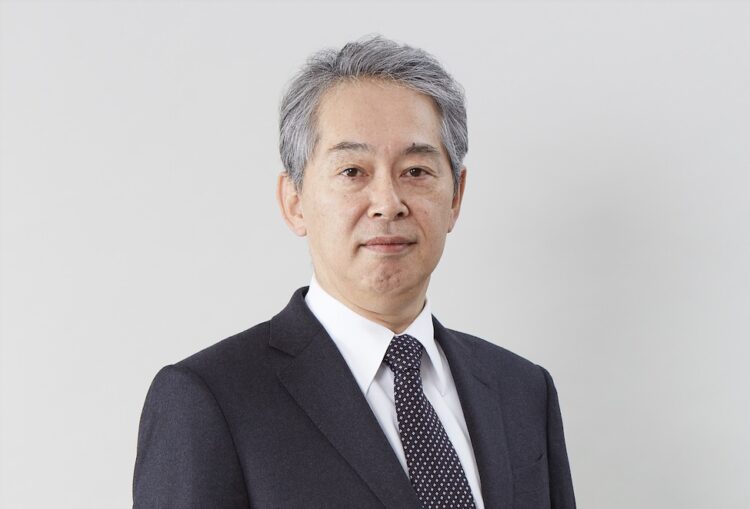Japan’s Supreme Court has determined that it will not accept a petition filed by Okada Manila operator Universal Entertainment Corp (UEC) to hear a compensation claim against a shareholder for allegedly defaming the company.
The claim relates to a lawsuit filed by the shareholder in 2019 against the company’s former Representative Director, President, CEO and CIO Jun Fujimoto, for which Fujimoto was ultimately found guilty in April 2024 of breaching his fiducial duty or duty of loyalty as a director of the company by causing it to transfer US$43,497,204 to an external source without reasonable necessity and without following internal decision-making procedures.
Fujimoto subsequently filed an appeal with the Supreme Court last May, while UEC filed a concurrent claim against the shareholder alleging that the suit against Fujimoto had in itself defamed the company.
That claim by UEC was dismissed in the first instance, with UEC responding by filing an appeal of its own against that particular judgement.
In a Friday announcement, UEC revealed that its appeal had not been accepted, adding, “The impact on UEC’s business performance has not yet been determined, but will be announced as soon as there are matters that need to be disclosed.”
Ironically, while UEC had sought damages against the shareholder for alleged defamation in their pursuit of Fujimoto, it also revealed last year that it was taking measures to ensure it can file a claim for damages against Fujimoto should his own appeals prove unsuccessful and the judgement against him become “final and binding”.
The company even established a task force to ensure that preservation measures were properly implemented in regard to assets under Fujimoto’s name, including real estate, 658,000 shares in the company worth JPY1.08 billion (US$6.9 million), deposits and remuneration.
Fujimoto was, ironically, instrumental in the removal of UEC’s founder and former CEO Kazuo Okada – who he displaced as head of the company in 2017, after an internal investigation found Mr Okada had misappropriated company funds.
Both Fujimoto and Okada were the targets in a similar lawsuit from shareholder Tsuyoshi Hosoba in 2015, which alleged they and other UEC directors at the time had breached their fiduciary duties on various matters, including US$40 million in payments from affiliates of UEC to a Philippine consultant working on the Okada Manila integrated resort project.

































